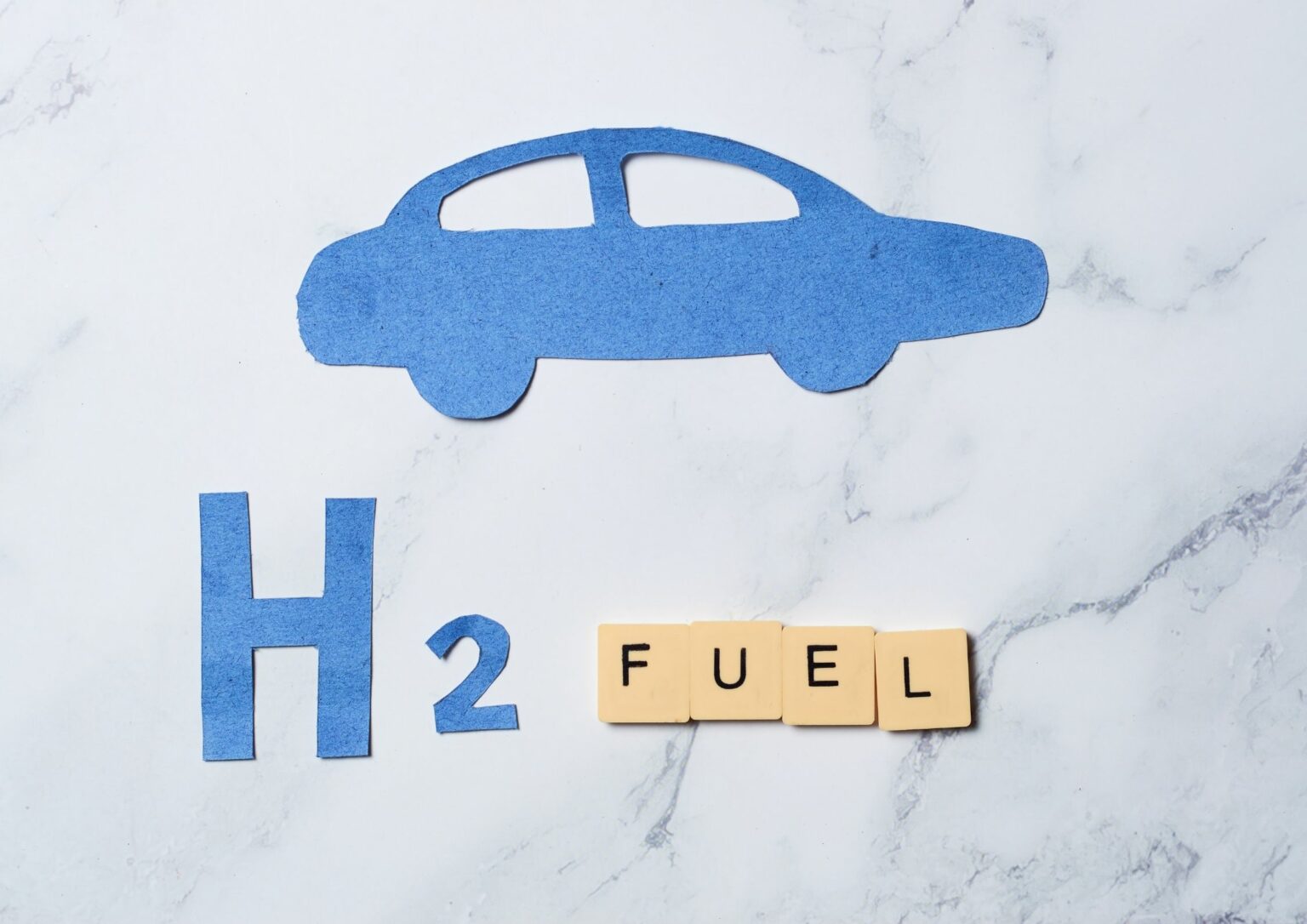A groundbreaking innovation has emerged from the University of New South Wales (UNSW), spearheaded by Professor Shawn Kook and his team, including Associate Professor Shaun Chan and Professor Evatt Hawkes.
They have developed a hydrogen-diesel direct injection dual-fuel system that allows existing diesel engines to primarily run on hydrogen. This new technology aims to significantly reduce carbon emissions from heavy industries.
The dual-fuel system can operate with up to 90% hydrogen and 10% diesel, leading to a reduction in CO2 emissions by as much as 77%. Hydrogen, an emerging green fuel produced from renewable sources, does not produce CO2 when burned, making it an excellent alternative to traditional diesel. In this system, the original diesel injection system is maintained while incorporating a hydrogen fuel injection directly into the cylinder. This mixture is controlled and then ignited by a small amount of diesel, creating a highly efficient combustion process.
Professor Kook emphasized the importance of this technology in various heavy industries like mining and agriculture, which face strict CO2 reduction requirements. To commercialize this innovation, UNSW researchers have partnered with a start-up called DeCarice, supported by programs such as the Trailblazer for Recycling & Clean Energy (TRaCE) and the UNSW Founders’ Climate 10x Accelerators. Although Australia will be the first to adopt this technology, there are plans for international expansion to maximize its global impact.
The team is preparing for in-field demonstration projects, including collaboration with Rio Tinto to scale the technology for mining applications. The most immediate applications are expected in industrial sectors like construction, ports, agriculture, and mining. Professor Kook remarked, “Our staged approach is to impact Australian non-road diesel machines first and then scale up for on-road diesel engines and international markets.”
